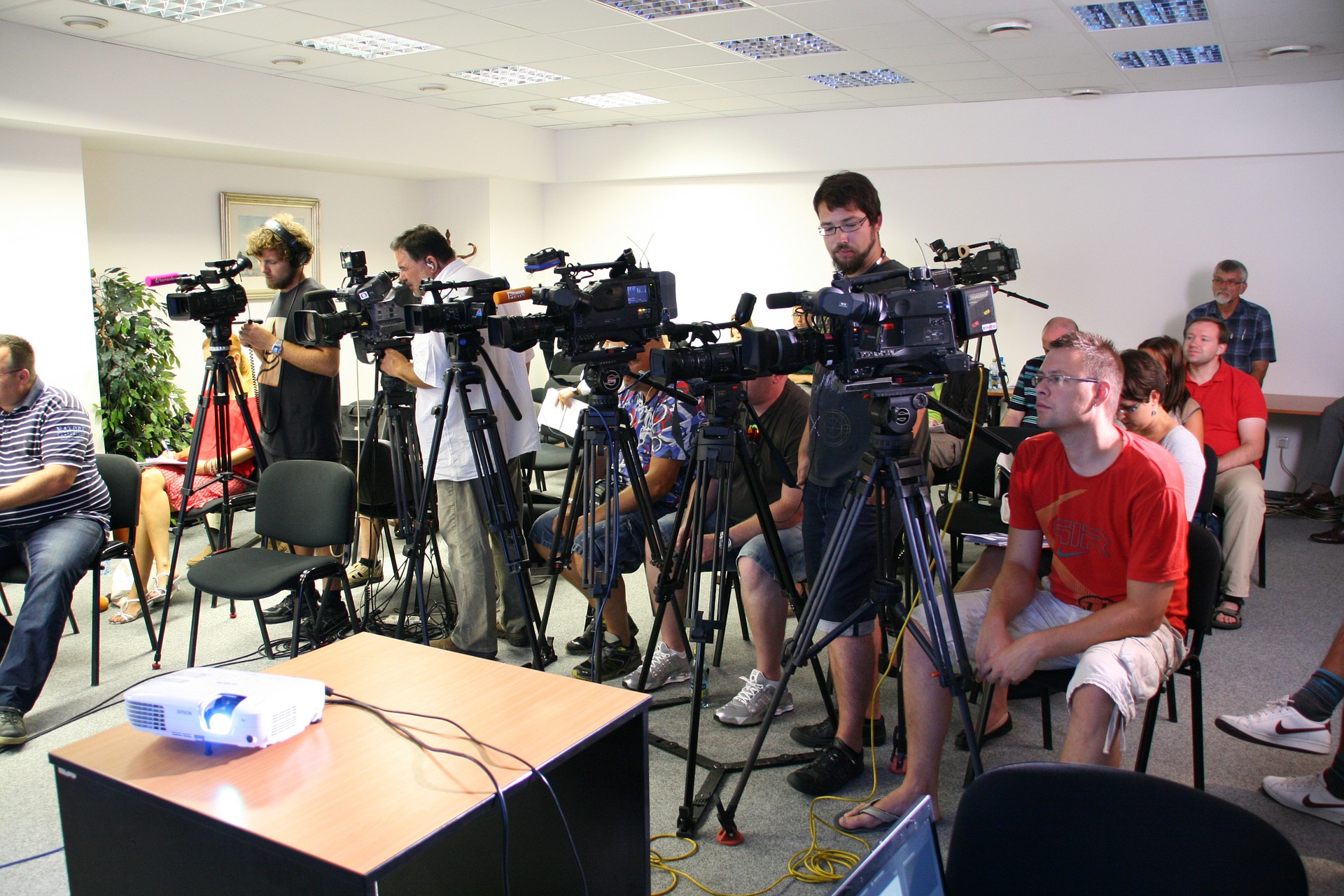How readable is your document?
May 4, 2018How to write an effective press release?
June 7, 2018
Does your organisation have a policy for dealing with the media?
In an age of political correctness and a society that is becoming increasingly litigious, many businesses and organisations are developing a media policy to provide guidelines for staff and representatives.
Contact with the media can be effective and constructive on many levels – for a small business it offers promotional opportunities, while a not-for-profit organisation will find it a useful fundraising tool.
However, sometimes media contact may be far from positive – it may be fraught with conflict especially if it relates to an issue which may result in negative publicity for your business or organisation.
It is important to approach this with a sense of balance. It is highly likely the majority of your media dealings will be positive, and bearing this in mind will help put those negative dealings into perspective. To effectively manage the dissemination of information to the media, it is useful to develop a simple media policy. This is especially helpful in organisations where there are a number of staff or, in the case of charitable organisations, volunteers.

The key to a workable media policy is to keep it simple and make sure everyone knows about it. Every staff member or representative should have a copy of the policy and acknowledge that they have read it and understood it. It should also be part of any induction program. The policy should address issues such as the following:
• Identify the organisation’s official spokesperson, to whom staff should direct all media enquiries. It may be useful to have two or three alternatives should the official spokesperson not be available. The official’s contact details (telephone, mobile, email) should also be readily accessible so they can be passed on in the event of a media enquiry.
• Staff should be aware that they must not speak on behalf of the organisation without authorisation from the nominated person.
• Any media contact should be reported immediately, especially if it is likely to lead to adverse or negative outcomes.
• Never respond to questions if you are unsure of all the facts, circumstances, and have the relevant authorisation.
Depending on the nature of the organisation or business, it may be pertinent to access some basic media training. There are many private organisations that offer a range of programs, from interview techniques to media management. Costs for these programs vary depending on the level of training you require. Interview technique training can be particularly useful, as it will provide insight into media language and interview strategies, and tips to avoid being misquoted or misrepresented. It will also improve your confidence in conducting interviews whether they are on television, radio, the web or in print media.
• Identify the organisation’s official spokesperson, to whom staff should direct all media enquiries. It may be useful to have two or three alternatives should the official spokesperson not be available. The official’s contact details (telephone, mobile, email) should also be readily accessible so they can be passed on in the event of a media enquiry.
• Staff should be aware that they must not speak on behalf of the organisation without authorisation from the nominated person.
• Any media contact should be reported immediately, especially if it is likely to lead to adverse or negative outcomes.
• Never respond to questions if you are unsure of all the facts, circumstances, and have the relevant authorisation.
Depending on the nature of the organisation or business, it may be pertinent to access some basic media training. There are many private organisations that offer a range of programs, from interview techniques to media management. Costs for these programs vary depending on the level of training you require. Interview technique training can be particularly useful, as it will provide insight into media language and interview strategies, and tips to avoid being misquoted or misrepresented. It will also improve your confidence in conducting interviews whether they are on television, radio, the web or in print media.
